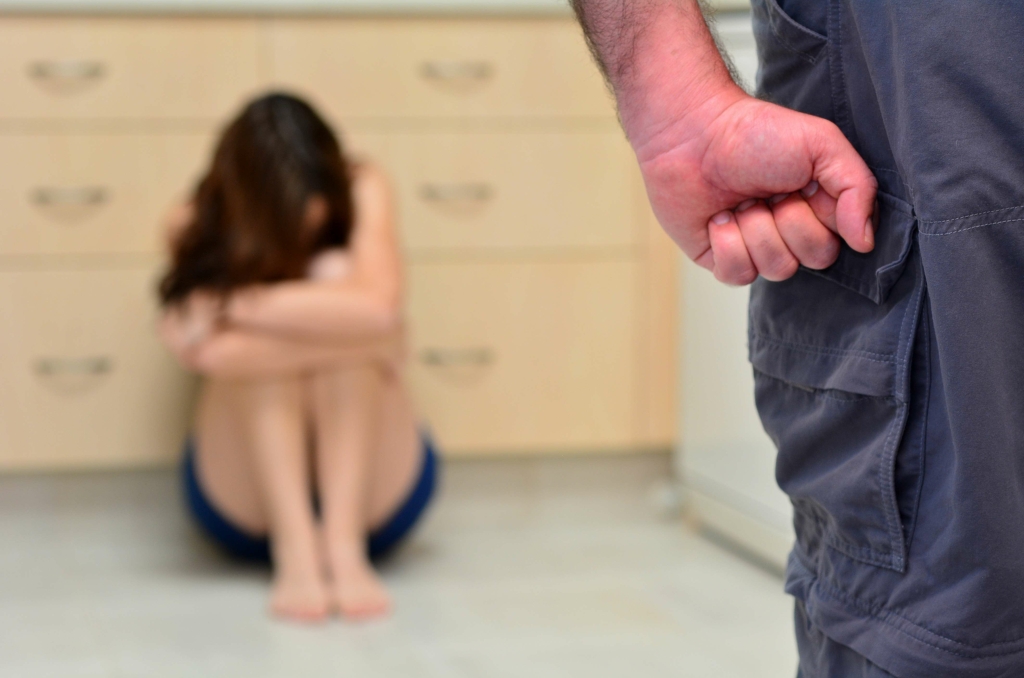Studies have shown abstinence, or foregoing all alcohol, is the best way to avoid a relapse. While relapsing is nothing to be ashamed of — it happens to many people who have fought hard to get sober — it’s something you do want to avoid. If you don’t indulge in even one drink, then there’s no chance of suffering a relapse. If you find yourself in an environment surrounded by others who are drinking, the best route for you is to replace alcohol with water, soda or other non-alcoholic drinks.
This subreddit is a place to motivate each other to control or stop drinking. alcoholism symptoms We welcome anyone who wishes to join in by asking for support, sharing our experiences and stories, or just encouraging someone who is trying to quit. Please post only when sober; you’re welcome to read in the meanwhile.

Is Relapse Part of Recovery?
Alcoholics crave a drink, but they aren’t usually able to stay at just one because the brain has been altered and is unable to control alcohol intake. The Reframe app equips you with the knowledge and skills you need to not only survive drinking less, but to thrive while you navigate the journey. Our daily research-backed readings teach you the neuroscience of alcohol, and our in-app Toolkit provides the resources and activities you need to navigate each challenge.
PROGRAMS

One of the best things you can do to avoid alcohol relapse is to create an environment that is conducive to sobriety. This means removing alcohol-related items from your home, encouraging them to try out new hobbies and activities and just being there to listen when they are experiencing alcohol cravings or difficult moments. It is one of the most damaging myths of alcohol relapse, alcohol addiction, and addiction in general that if you can’t stop, it’s simply down to the lack of willpower. If you can’t avoid or stop drinking, then it must be because you just don’t want to.
Signs of an Alcohol Relapse

Relapse is a sign that something in your recovery plan needs adjusting. Identify what triggered it—stress, isolation, or overconfidence—and make changes. If you need structured support, an alcohol rehab center Allentown PA locals recommend can provide therapy, medical care, and guidance to get back on track. If someone tells you that it’s fine for recovering alcoholics to drink in moderation, consider why this person is telling you this information. Are they a well-meaning friend who doesn’t really understand alcoholism and everything you’ve been through? Maybe they want to have going back to drinking after being sober a fun night out with you — like you used to have with them before you got sober.
- Supportive friends and family members play a crucial role in addiction recovery, offering understanding and respect for the individual’s decision to remain sober.
- For instance, you might switch from hard alcohol to beer with lower alcohol content or maybe reduce your drinking from six days a week to two.
- Some people may feel so “broken” that they almost feel they can no longer experience joy and confidence, or have healthy relationships again.
Choosing non-alcoholic alternatives can help individuals in recovery avoid the temptation of alcohol while still enjoying social occasions. Cocktails and non-alcoholic spirits are delicious and refreshing options, allowing individuals to participate in social events without compromising their sobriety. A critical step in overcoming this stage of relapse is to practice self-care in its physical, psychological, and emotional aspects. This means making time for eating, sleeping, and having fun, as well as behaving kind enough toward yourself that you permit yourself these necessities. If you need help or feel like you could be on the cusp of a relapse, remember that addiction is a chronic disease.
What Does It Mean To Have a Substance Abuse Problem?
- This suggests that the possible risks greatly outweigh any benefits of controlled drinking.
- If you’ve experienced a relapse, your next steps are important.
- After not drinking for a while, the body can’t process alcohol the same way, and the drinker’s tolerance lowers.
- If you need structured support, an alcohol rehab center Allentown PA locals recommend can provide therapy, medical care, and guidance to get back on track.
Even a small amount of it can cause damage to the liver and cardiovascular system. Combining therapy with support groups can greatly improve your odds of success. Therapy combined with an AUD program tends to lead to a high recovery success rate. Our recovery specialists are standing by 24/7 to help you or your loved one. You don’t have wine on the kitchen counter or vodka in your freezer. In fact, you haven’t had a drink in months or maybe even years.
Harm reduction recognizes that for some, it is either not necessary or not possible to quit drinking entirely. In place of quitting alcohol, harm reduction works to help people be more mindful about their drinking habits. If you start to think of yourself as a failure, you’re more likely to move into the next stage of relapse. In the introduction to her podcast episode with Whitaker, Teigen revealed that she had started drinking again after two years of sobriety. “What would be more beneficial is drastically cutting down from, say, 14 drinks a week to maybe three per week for the rest of your life,” she says.
If the individual has already relapsed, then they can be helped in re-establishing their sobriety. The peer support could be as simple as offering to drive them to an A.A. Meeting or stopping by their house with a coffee and an ear to listen. Embarking on the journey to sobriety is an incredible accomplishment, but maintaining long-term recovery can be challenging. One of the most significant debates among recovering alcoholics is whether to practice complete abstinence or attempt moderate drinking after being sober.
These symptoms can include sweating, nausea, anxiety and even delirium. These are all symptoms you can move past, however, once you begin your path towards recovery. They say the approach to avoid drinking altogether isn’t realistic, and it’s really a form of punishment for those who suffer from a disease. They also claim not being able to drink puts an unfair stigma on recovering alcoholics, because they stand out at parties or other social situations.
